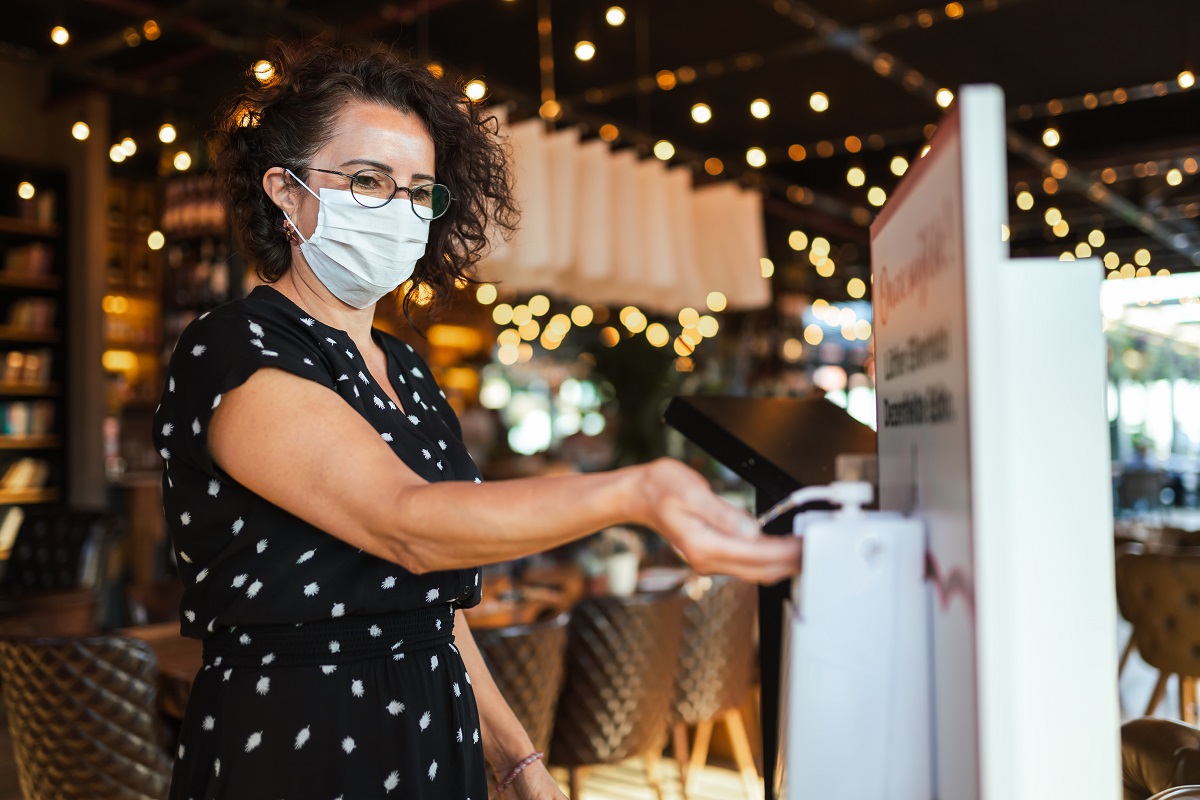The Australian Taxation Office (ATO) has announced that the flexible tax arrangements it introduced last year regarding takeaway alcoholic beverages and the production of hand sanitiser will no longer be in place from 1 February.
During COVID-19 restrictions and lockdowns last year a number of state and territory governments relaxed liquor licensing requirements, allowing venues to sell takeaway alcoholic beverages.
The ATO assisted businesses by allowing flexibility for alcohol repackaging under specific situations that would normally have required an excise manufacturer licence and payment of excise duty. However as of 1 February these pre-COVID arrangements will resume.
The ATO website says: “Generally, packaging isn’t a manufacturing process for excise purposes. However, manufacturing beer has an extended meaning to cover when you repackage duty-paid beer that was entered at a concessional rate. This may include filling growlers. The rate of excise duty that applies to commercial beer is based on the: alcoholic strength of the beer size and design of the container you package it in.
“After 31 January 2021, if you wish to continue repackaging alcohol for sale in takeaway, sealed containers, you will need to apply to us for the appropriate excise licence and permissions.”
Additionally the ATO relaxed and streamlined the excise licensing and permit rules relating to the production, supply and use of alcohol for hand sanitisers in response to the increased demand for the product.
From 1 February 2021, these excise licensing and permit rules will return to normal arrangements.
The ATO said: “Hand sanitiser does not usually attract excise, as its alcohol content has typically been treated (denatured) to make it unfit for human consumption. Denatured spirit may also be suitable for making other commercial cleaning products and can be purchased without restriction.
“There are regulatory requirements that apply to the production and use of concessional spirits. You will need to apply for an ATO permit to purchase (undenatured) spirit from licensed manufacturers for use in the commercial production of hand sanitiser.”
Distillers who already hold an excise manufacturer licence to produce or distil spirits can produce hand sanitiser and report it by using the free-rate tariff item on their excise return. However, you will need to hold an ATO-issued concessional spirit permit.
Existing concessional spirit permit holders will need to contact the ATO to organise any changes to the quantity of spirits they wish to obtain.
Other excise-licensed entities, such as breweries, that want to produce their own spirit for the purposes of producing hand sanitiser, will need to apply to the ATO for an amendment to their licence. You will also require an ATO permit to use spirit for the purposes of producing hand sanitiser. The ATO said it is aiming to prioritise these applications.
Full details regarding the tax and excise changes are available on the ATO website.
Meanwhile, just before Christmas the federal government announced it was looking to reduce the red tape costs that surround alcohol excise.
On December 22 the Assistant Treasurer Michael Sukkar said the Morrison Government “will review Australia’s excise and excise-equivalent customs duty regime to identify unnecessarily cumbersome and duplicative processes” by conducting a new deregulation taskforce.
The comprehensive review will include looking into ways to cut regulatory overheads for business and how to support new investments in the beverage manufacturing sector, however, the taskforce will not be looking into the base or rates of excise taxation.

